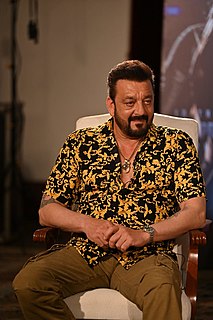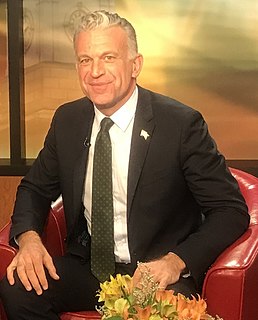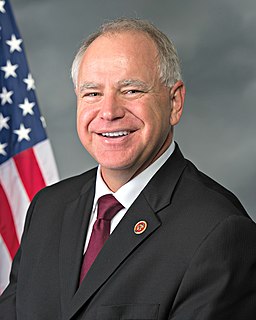A Quote by Bruce Babbitt
Well, it's not a pleasant experience. And it's a terribly political process, because that thing was initiated by the Congress and by, you know, our adversaries in the Congress.
Related Quotes
I know well the coequal role of the Congress in our constitutional process. I love the House of Representatives. I revere the traditions of the Senate despite my too-short internship in that great body. As President, within the limits of basic principles, my motto toward the Congress is communication, conciliation, compromise, and cooperation.
It's politically impossible, as you know, for any member of Congress to make a public statement condemning or criticizing the policies of Israel. It would be political suicidal for them to do so. A lot of the members of Congress agree with me, some very high up in the Congress. But if they came out publically and said it, their seats would be in danger.
Our president delivered his State of the Union message to Congress. That is one of the things his contract calls for -- to tell congress the condition of the country. This message, as I say, is to Congress. The rest of the people know the condition of the country, for they live in it, but Congress has no idea what is going on in America, so the president has to tell 'em.
The case of Johnson v. M'Intosh is exactly why Congress can pass legislation as it did with the Rio Tinto land mine deal because Congress took the land from the tribes, ignores their sacred connections to it, their cultural connections and does whatever it wants with it. Congress terminated tribal status for more than 100 tribes. Basically said, you're not a tribe anymore and we're not going to pay attention to the treaties. The Supreme Court has held that when Congress breaches a treaty with an Indian tribe it's not judicially reviewable. It's called a political question.
In a certain sense, and to a certain extent, he [the president] is the representative of the people. He is elected by them, as well as congress is. But can he, in the nature [of] things, know the wants of the people, as well as three hundred other men, coming from all the various localities of the nation? If so, where is the propriety of having a congress?
Congress has created and funded a huge peacetime military that has substantial abilities to wage offensive operations, and it has not placed restrictions on the use of that military or the funds to support it, because it would rather let the president take the political risks in deciding on war. If Congress wanted to play a role in restricting war, it could - it simply does not want to. But we should not mistake a failure of political will for a violation of the Constitution.
One of the big changes in the Congress since I first came to Washington is that all of these folks go home every weekend. They used to play golf together; their families got to know each other, go to dinner at each other's homes at weekends - and these would be people who were political adversaries.


































